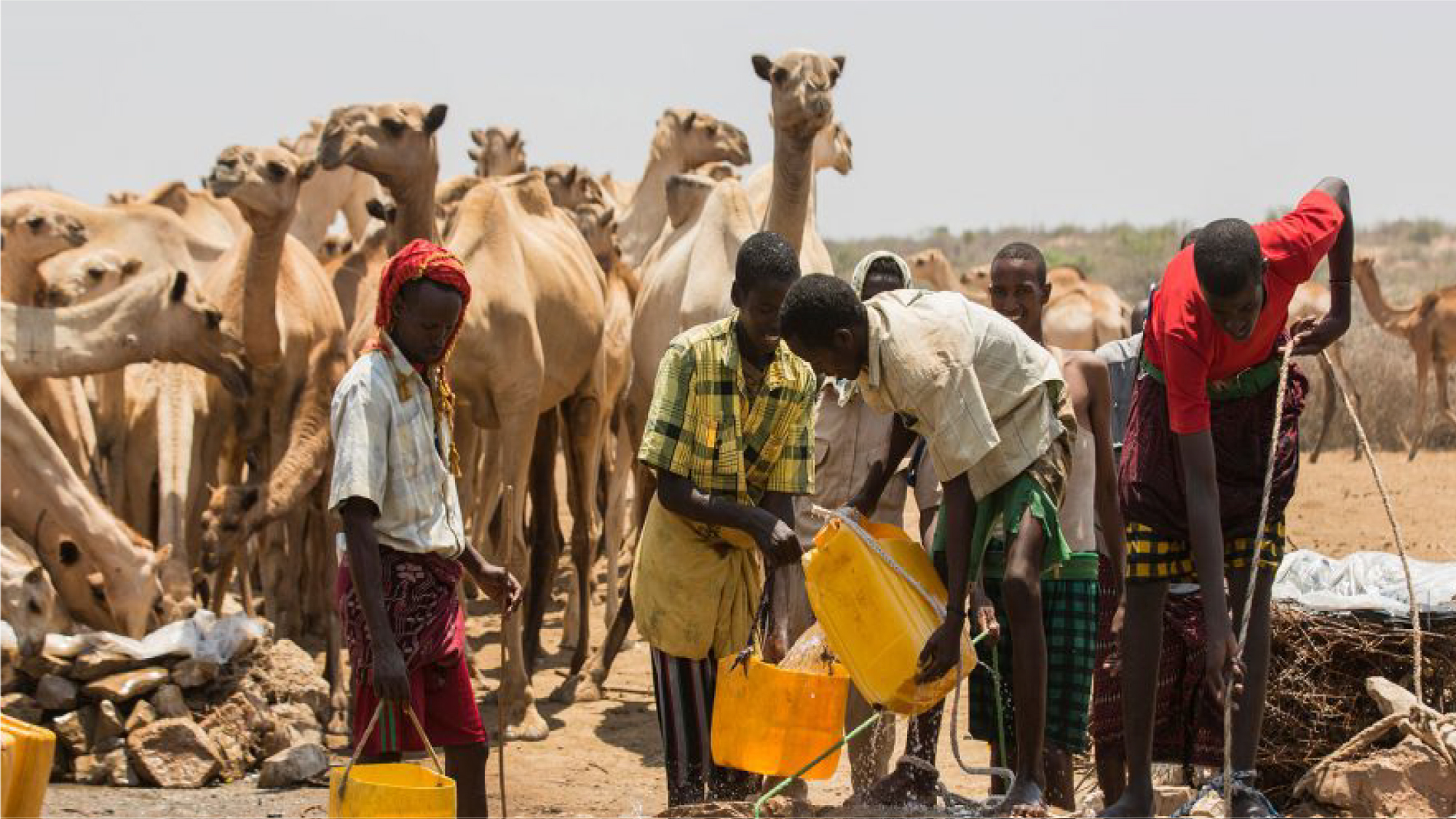
It is in the nature of international development to always look to the future. But, from lessons learned to challenges overcome and milestones achieved, there are plenty of reasons to look back; even more so when a project comes to close.
One recently completed programme is the Building Opportunities for Resilience in the Horn of Africa (BORESHA) programme. Funded by the European Union, our team worked with vulnerable groups – young people , women, displaced families – in the border regions of Kenya, Somalia and Ethiopia to promote economic and private sector development and, in doing so, strengthen regional resilience.
In this blog, Jeremy Swainson, a Principal at Tetra Tech International Development who worked on BORESHA, reflects on the programme’s impacts, challenges and lessons – and its potential to inform future projects.
Our work on BORESHA makes a strong case for developing diversified livelihoods and building resilience in conflict locations through micro and small business and self-employment. In particular, the combination of interventions and hands-on working with beneficiaries were a mutually reinforcing keystone to its success; as was collaboration and transparency with local stakeholders in fostering community trust and buy-in.
Horn of Africa: a threshold of challenges
Borders, divisive by nature, are often a breeding ground for instability and territorial conflict, both political and tribal. This is the case in the porous border areas of Ethiopia, Somalia and Kenya – characterised by poverty, high unemployment, poor living conditions, regular outbreaks of disease and lack of access to basic services – where a large Somali population lives, works and continuously trades and migrates across official borders. The physical environment is harsh – droughts and floods which are getting worse each year as climate change takes hold; and today there is the added disruption of COVID-19.
And yet, these communities are naturally very resilient and keen to explore new economic opportunities. As managers of the BORESHA programme, which we inherited through Tetra Tech’s acquisition of WYG two years ago, our role has been to harness this willingness to try new ventures and encourage diversification of livelihoods; and reduce dependency on an increasingly marginal cattle-based pastoral economy.
Understand global needs, engage locally
The experience has taught us a lot about how to promote economic development among vulnerable groups. Two lessons stand out:
Combining training, physical provision and mentoring is essential. While Technical and Vocational Education and Training and Business Skills Training can equip aspiring entrepreneurs with relevant skills, they also require the means to start, with kits such as a tool box or a tailoring machine. Likewise, micro and small business owners required start-up and growth finance (as grants) to purchase the assets that would establish their businesses on firmer foundations. However, our delivery of ongoing advisory and mentoring support was even more important to build confidence and help guide decision making that resulted in the success of many ventures we backed. The people we worked with reported they had gained a lot – not just financially but more importantly in terms of self-worth and improved resilience at personal and community levels.
Support from local authorities matters. We found it was crucial to secure proactive and on-going support from local authorities; without whose backing we could not have operated. Close coordination and collaboration with local authorities meant we were able to mobilise communities, gain their trust and buy-in and manage stakeholder expectations. We also placed great importance on publicising the transparency and accountability of the grants programme through complaints and feedback mechanisms.
We were heavily dependent upon our locally based team members and trainers working out of the Business Development Support Centres we established. Their presence was invaluable to BORESHA’s success and became indispensable when security concerns and COVID-19 limited our management team’s ability to directly work in the project locations. This showed us that if you can set up the right structures with the right people, you can deliver a programme like this under very difficult circumstances.
Looking back to the future
Of course, there is always something you would do differently if you were to do it again. For future projects, we would probably try and work more closely with national authorities to address cross border trade and investment climate issues; and we would make more use of people’s access to the internet and mobile phones as data and information sharing platforms. This would enable businesses and communities to better come together and establish a better framework for cross-border trade based on digital rather physical management.